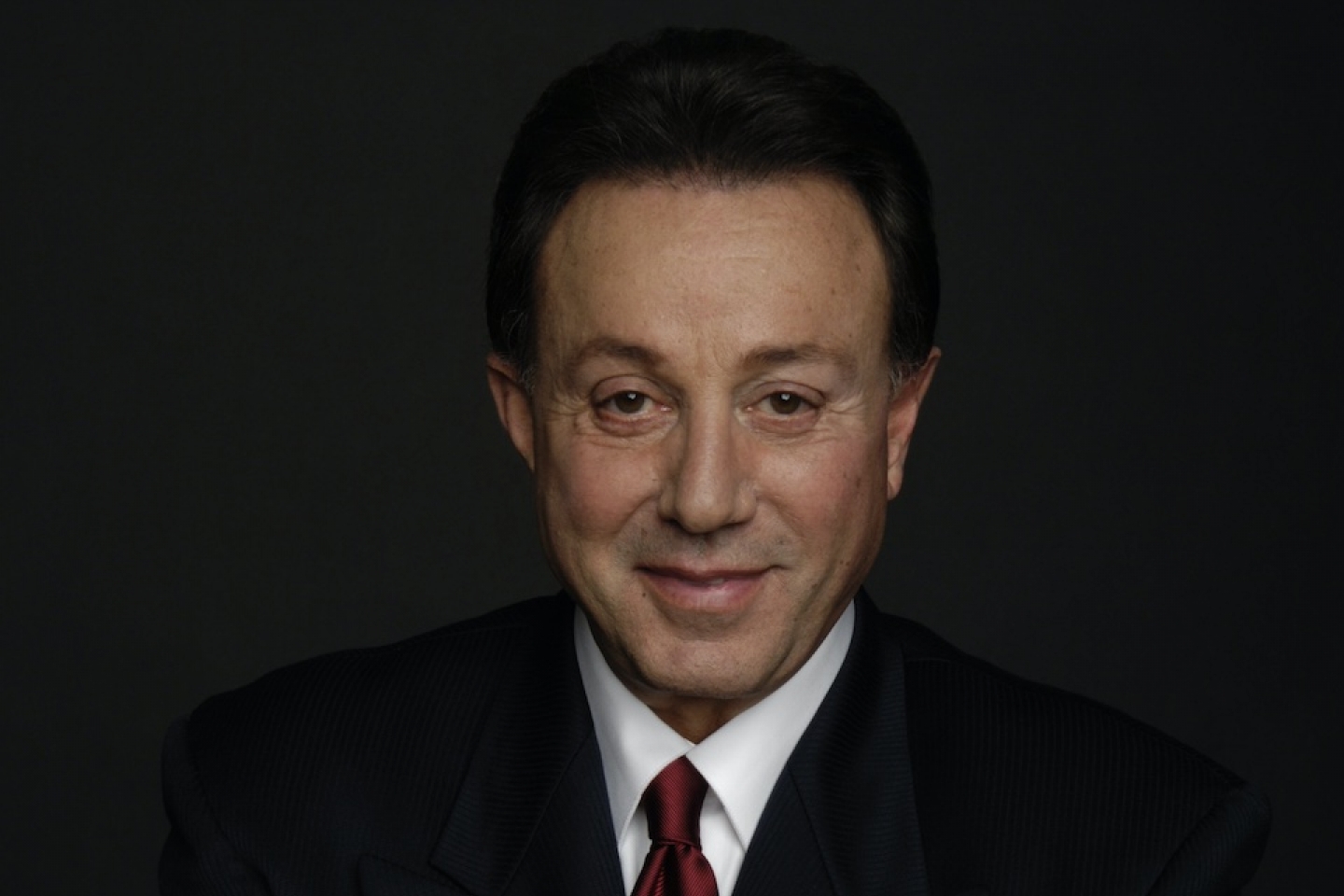
Even a tough guy needs his sleep.
Tony Darrow, an actor and Weill Cornell Medicine patient, knows all about it. Throughout his career, Tony has played on-screen mobsters. He played Sonny Bunz in the movie “Goodfellas” and Larry Boy Barese in the HBO hit, “The Sopranos.”
Off-screen, however, Tony was feeling less tough.
Tony had severe sleep apnea, a sleep disorder in which breathing repeatedly stops and starts. He was experiencing the classic symptoms: daytime fatigue and disrupted, poor-quality sleep at night.
Though Tony had been aware of the condition before undergoing an ablation procedure for his irregular heartbeat, his surgeon told him after the procedure that surgery had to be paused several times because the apnea obstructed his airway.
To address the sleep apnea, Tony’s physician advised using a CPAP machine.
The machine offers the patient continuous positive airway pressure (CPAP) when the patient wears a face mask attached to a tube. The tube then connects to a machine that blows pressurized air into the mask and through the airway to keep it open. It’s a common first-line treatment for sleep apnea, but not every patient tolerates it.
“I was gagging from the mouthpiece, and the hookups were uncomfortable,” Tony recalls. “I could hear the air coming out while I slept, and finally, I sent back the machine.”
The next time Tony visited his physician in New Jersey, he was referred to Maria V. Suurna, MD, FACS at Weill Cornell Medicine.
When CPAP is no longer an option, sleep apnea sufferers can turn to dental devices or surgical procedures. Dr. Suurna performed a drug-induced sleep endoscopy to evaluate Tony’s airway to determine the most effective treatment. Once she got a close look at the anatomy of Tony’s airway, Dr. Suurna posed something new.
Dr. Suurna had been performing a procedure called Inspire, since 2015. It’s an FDA-approved obstructive sleep apnea treatment that works inside the body while the patient sleeps. Dr. Suurna’s plan was to surgically implanting a neurostimulation device in the side of the chest and neck. The tiny device gently stimulates muscles in the airway during sleep. The patient turns it on at night before bed, and either turns it off, or it turns off itself in the morning.
“Most patients respond very well,” Dr. Suurna says. “Even our very first patient who underwent the procedure went from more than 50 events [sleep apnea disruptions] to zero when he went for his sleep study after the implantation. Sleep apnea, whether it’s caused by the patients’ own anatomy or neuromuscular tone, which can change over time and with age, can worsen. Then it becomes a quality of life issue.”
For Tony, the post-Inspire quality of life improvement was immediate. After his first night using Inspire, he saw improvement.
“This is the best thing I have ever done in my life. Everything has changed,” Tony explains. “Now I’m not having trouble falling asleep, I can sleep for 11 or 12 hours, and I sleep very soundly with no noise.”
Tony’s real-life response to having parted with CPAP? “Fuhgeddaboutit.”
No mask. No wires. And no loud machine keeping him awake.
A follow-up sleep study indicates that Tony has conquered the severe sleep apnea thanks to Dr. Suurna’s surgical intervention. Pre-pandemic, he’s continued his on-screen work, night club and casino acts, and stand-up with energy and joy—all thanks to a tough guy getting a better night’s sleep.